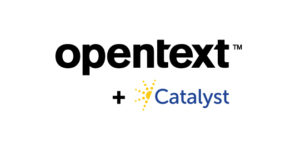Extract from John Pappas’ article “How to Create a Knowledge-Driven Discovery Business—While Containing Costs”
Corporate legal department management is quickly changing from a legal to a business process. Legal professionals, along with their business counterparts, are looking critically at how to control costs and meet ever-tightening budgets. Gone are times wistfully referred to by outside counsel as “the salad days,” where the only cost controls law departments put in place were case reserves and ever-expanding litigation budgets. Running the legal department like the rest of the corporate business units is now the rule, not the exception.
With litigation costs—and particularly discovery and document review—comprising larger and larger shares of spend, this is a ripe area to impose cost controls. However, more often than not, even the most forward-thinking in-house legal professionals don’t have the tools or insight to know where they can improve in discovery spend. Rather, most of this information resides with any number of disparate e-discovery vendors and law firms, making it near-impossible to make real-time, data-driven decisions.

